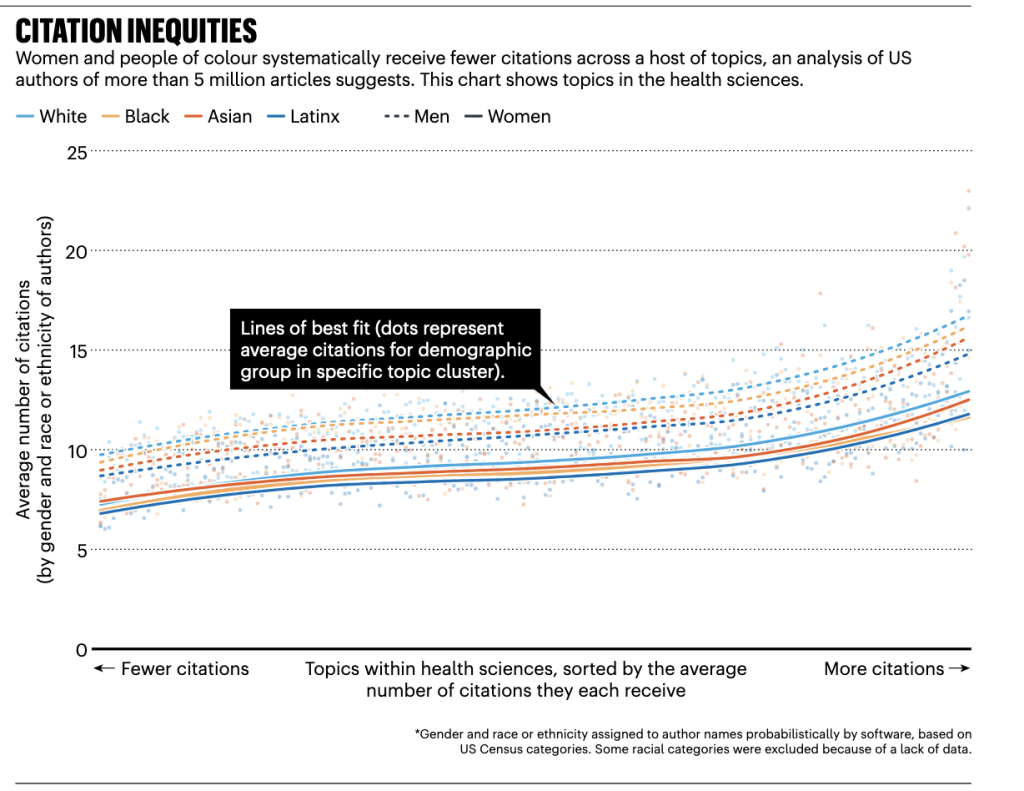During Workshop 2 we discussed the article The Rise of Citational Justice by Diana Kwon which examines how some academic voices and research are erased or invisibilised by scholars and reflect the institutional racism, misogyny and hierarchy of power structure of society toward “minorised” communities and individuals.
This spike a discussion in our group on the hierarchy of citation, of data and how they relate to how the world of academia value some data more than other and continue the marginalisation dynamics and invisibility of voices considered as less important or valuable for “serious research” project.
This is something I can relate to as a Social Designer who researched for year Human hair as a material but also a social-political material reflecting the institutional racism toward hair texture which are considered outside the Eurocentric canon of beauty.
At the time of my research in 2014, several academics considered my topic frivolous and too trivial. The vernacular citations I based my thesis on, spiked reactions and discussion among my tutors, as the citations were mostly based on everyday discussions and interviews in Hair Salons and not essentially on academic references or encounters.
My research looked at social justice visibility of Hair diversity and decolonising hair as topics but also as material.
Today post Black Life Matter and with the work of artists such as the singer Solange and her song Don’t Touch My Hair several academics such as the Historian, Emma Dabiri or Emma Tarlo and Karis Campion, Hairdresser and Activist Charlotte Mensah, Afro hair is now part of the national curriculum of hairdresser students and is trending as a topic on several social media.
I would agree that advocating for citational justice is not only advocating for bibliography diversity and superficial diversity of work, it is about visibility, decolonising the curriculum, valorization of ideas and therefore creating academic representation for the less represented as an opportunity to truly change the system from the inside while seeking equity in all parts of the scholarly system.
Bibliography
Kwon Diana (2022) The Rise of Citational Justice, Nature, 6th April 2022
Dr Campion Karis (2019), What it’s like to be the only Black woman in the barbershop, Gal-Dem 13th August 2019
Online available at:
http://gal-dem.com/what-its-like-being-the-only-woman-in-the-black-barbershop/
Freire, P, (1972), Pedagogy of the Oppressed. New York, Herder and Herder
Dabiri Emma, (2019), Don’t Touch My Hair, London: Allen Lane (an imprint of Penguin), 2019.
Tarlo, Emma, (2017), Entanglement: The Secret Lives of Hair. London: Oneworld
Mensah Charlotte (2020), Good Hair: The Essential Guide to Afro, Textured and Curly Hair. Penguin Life
